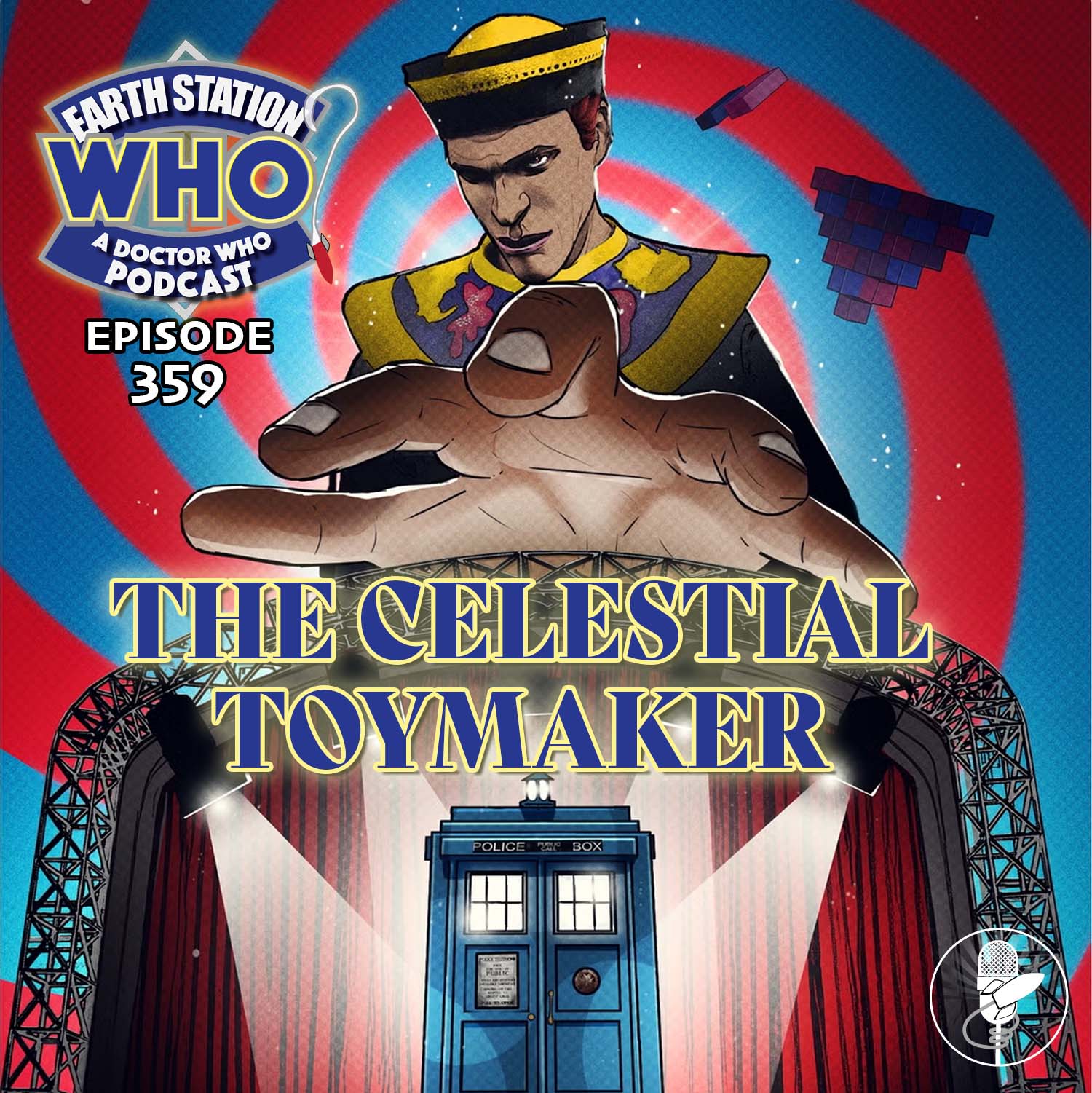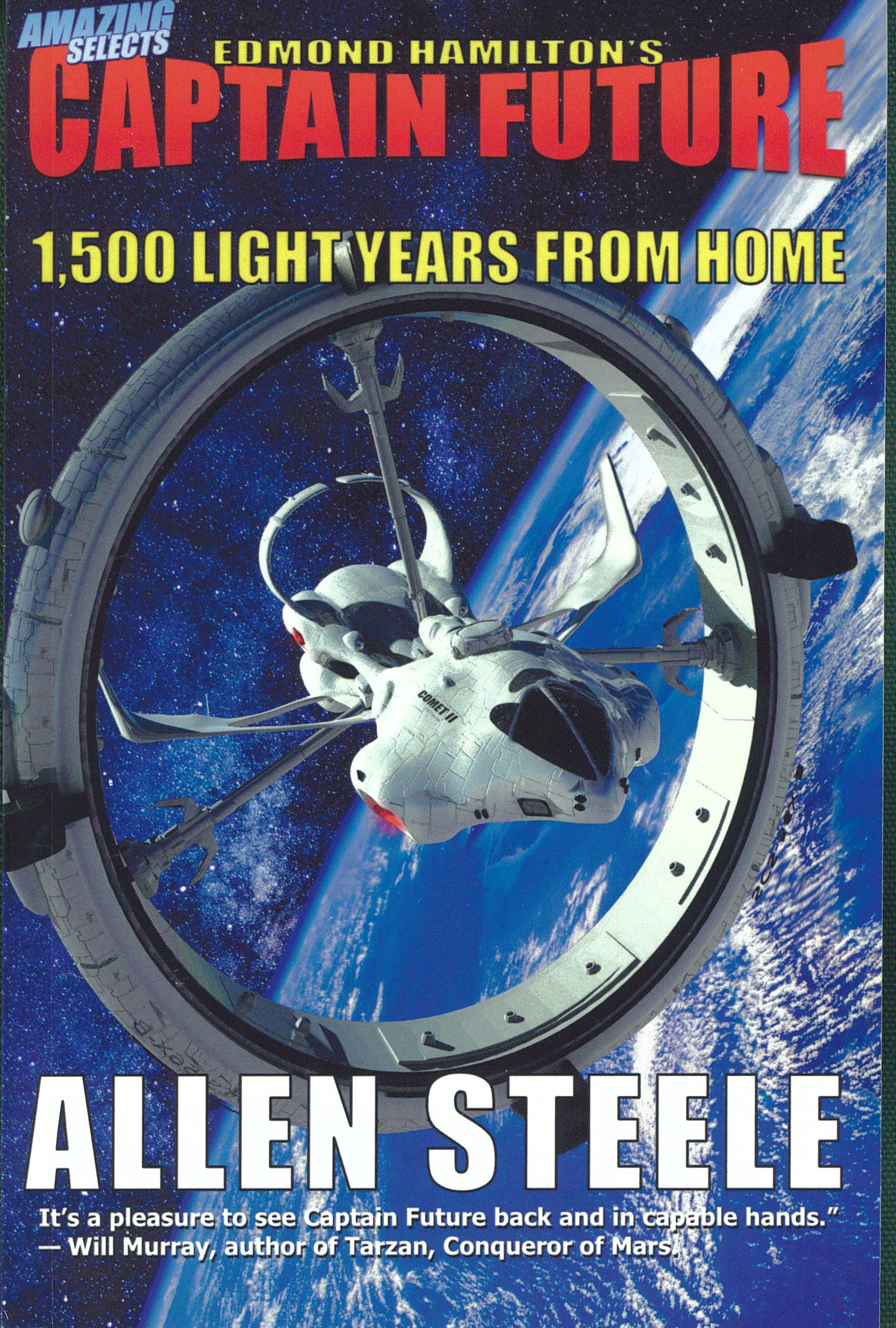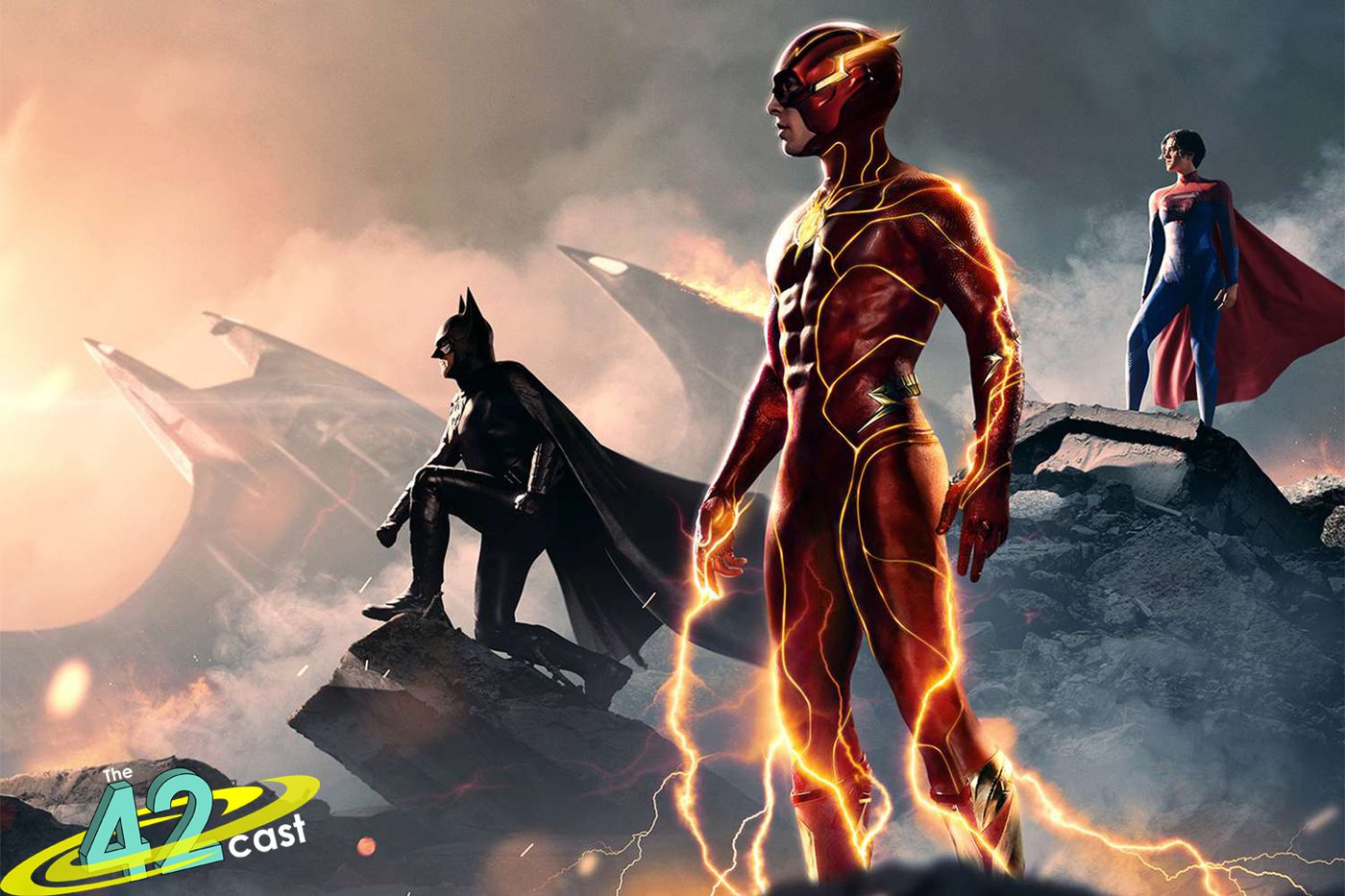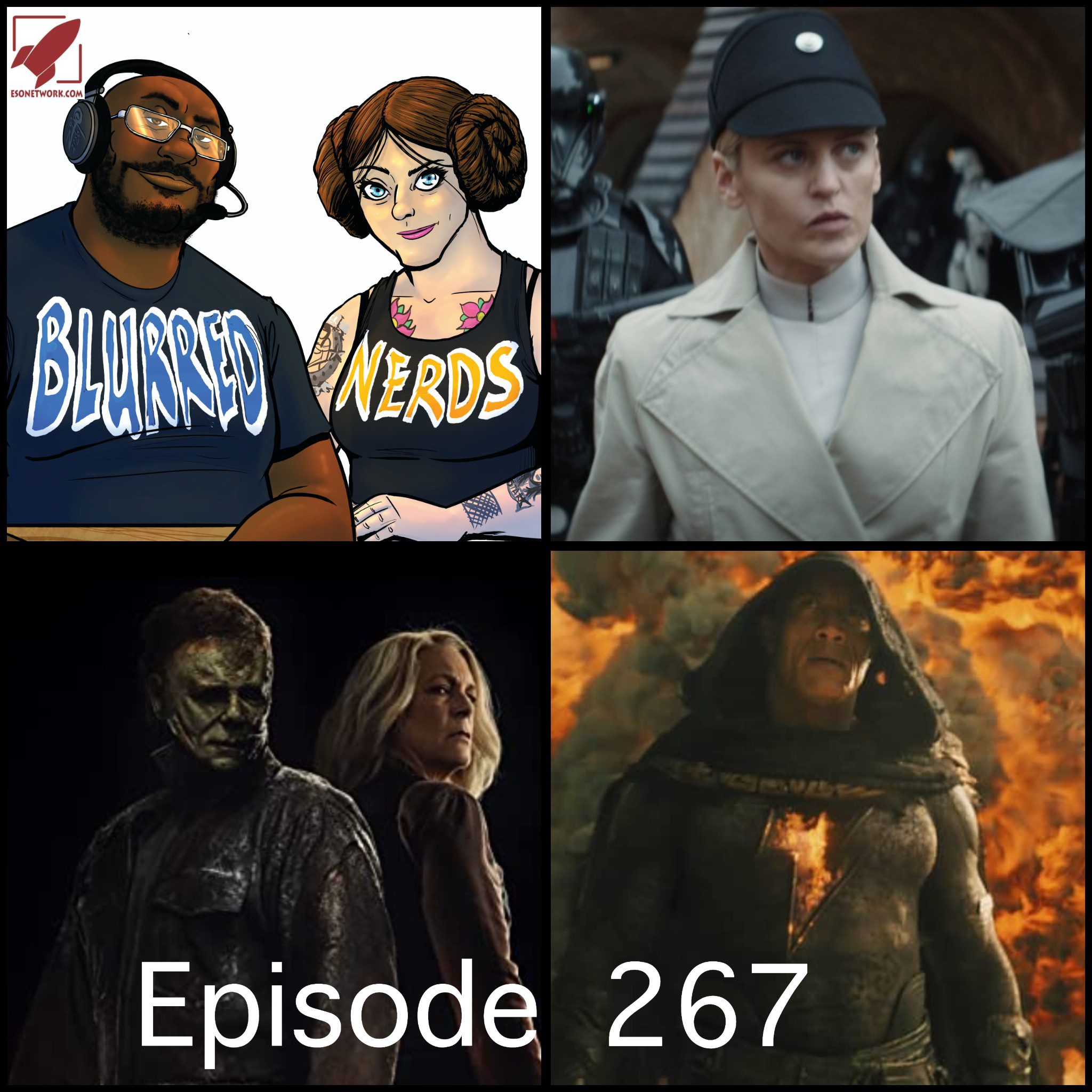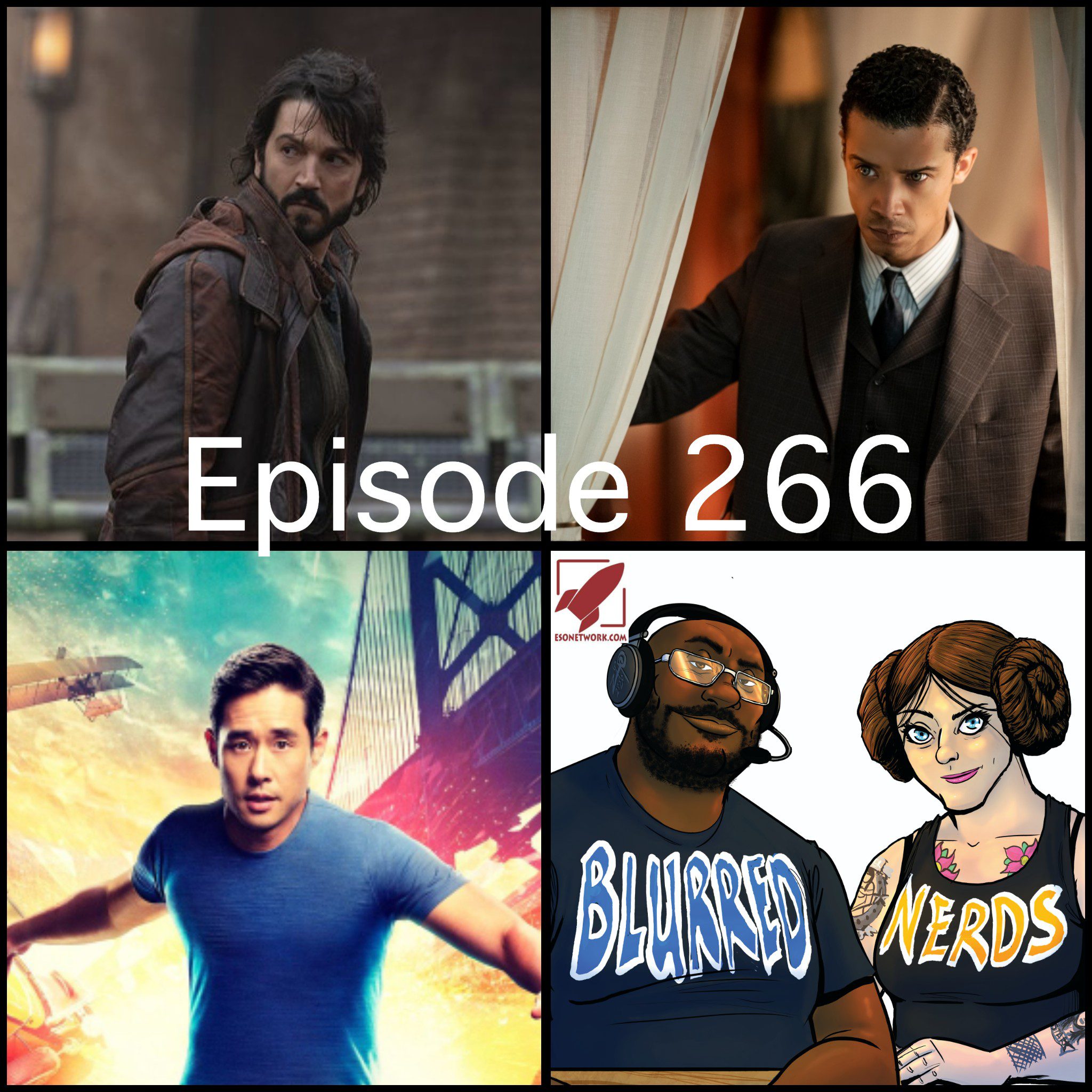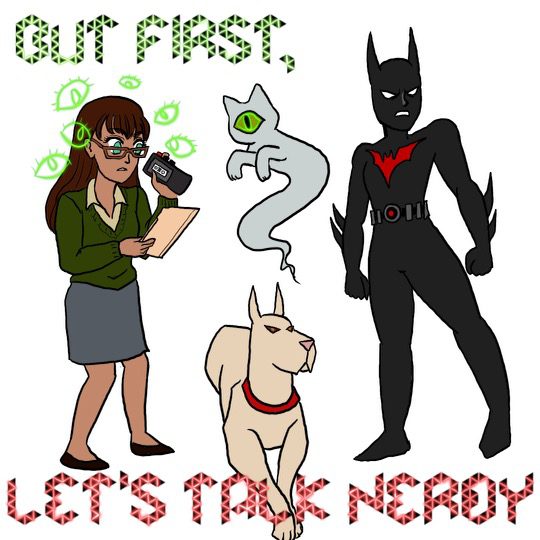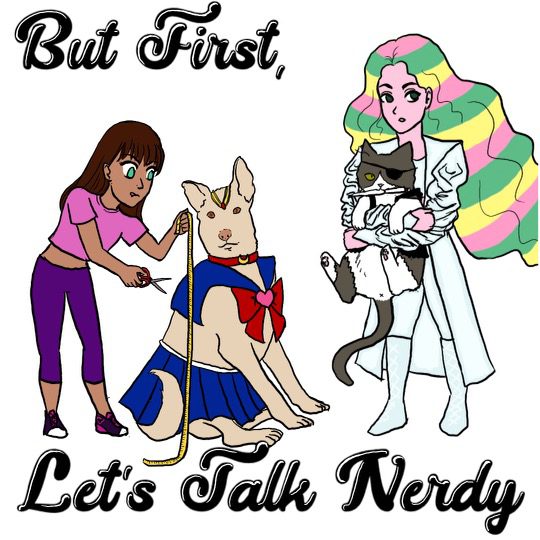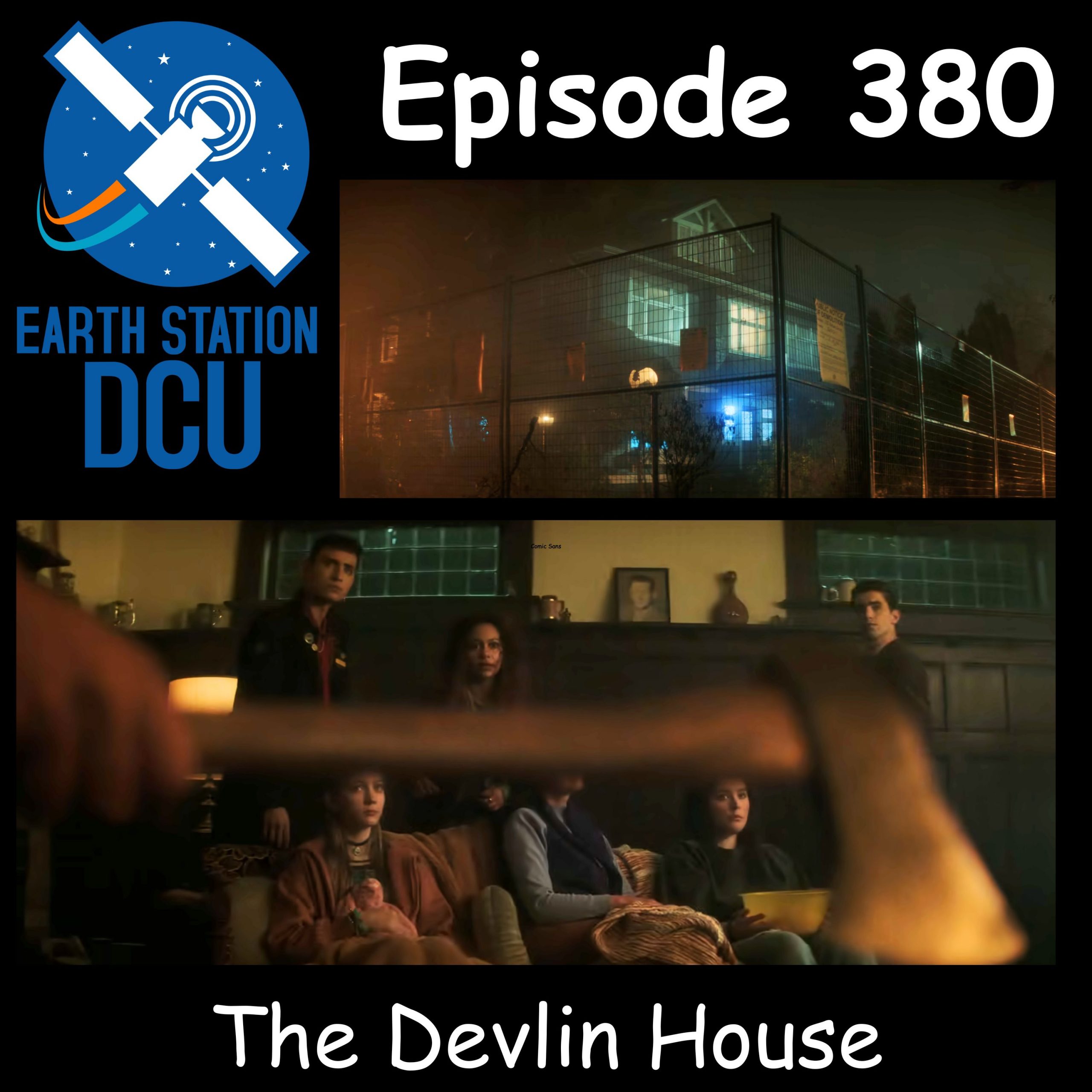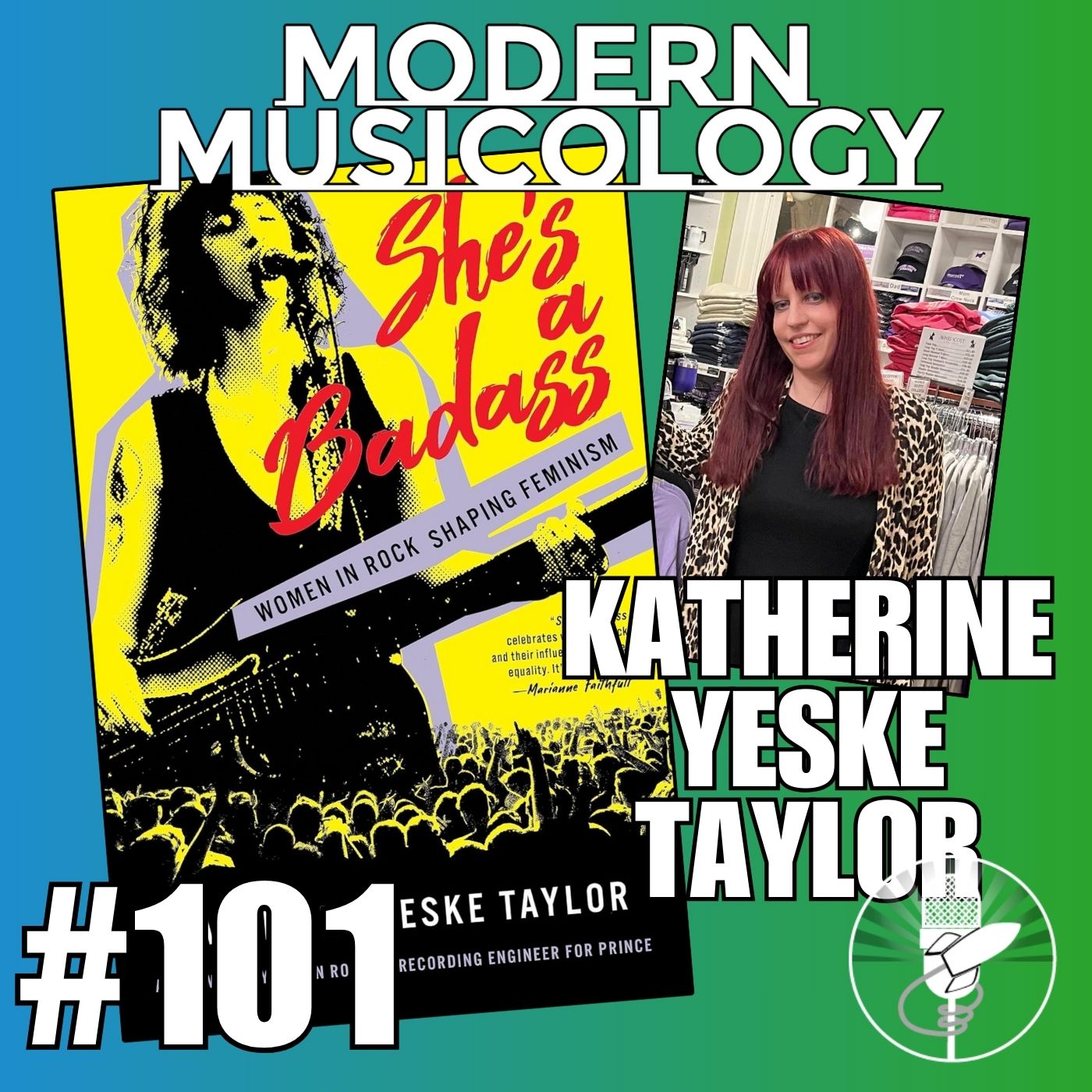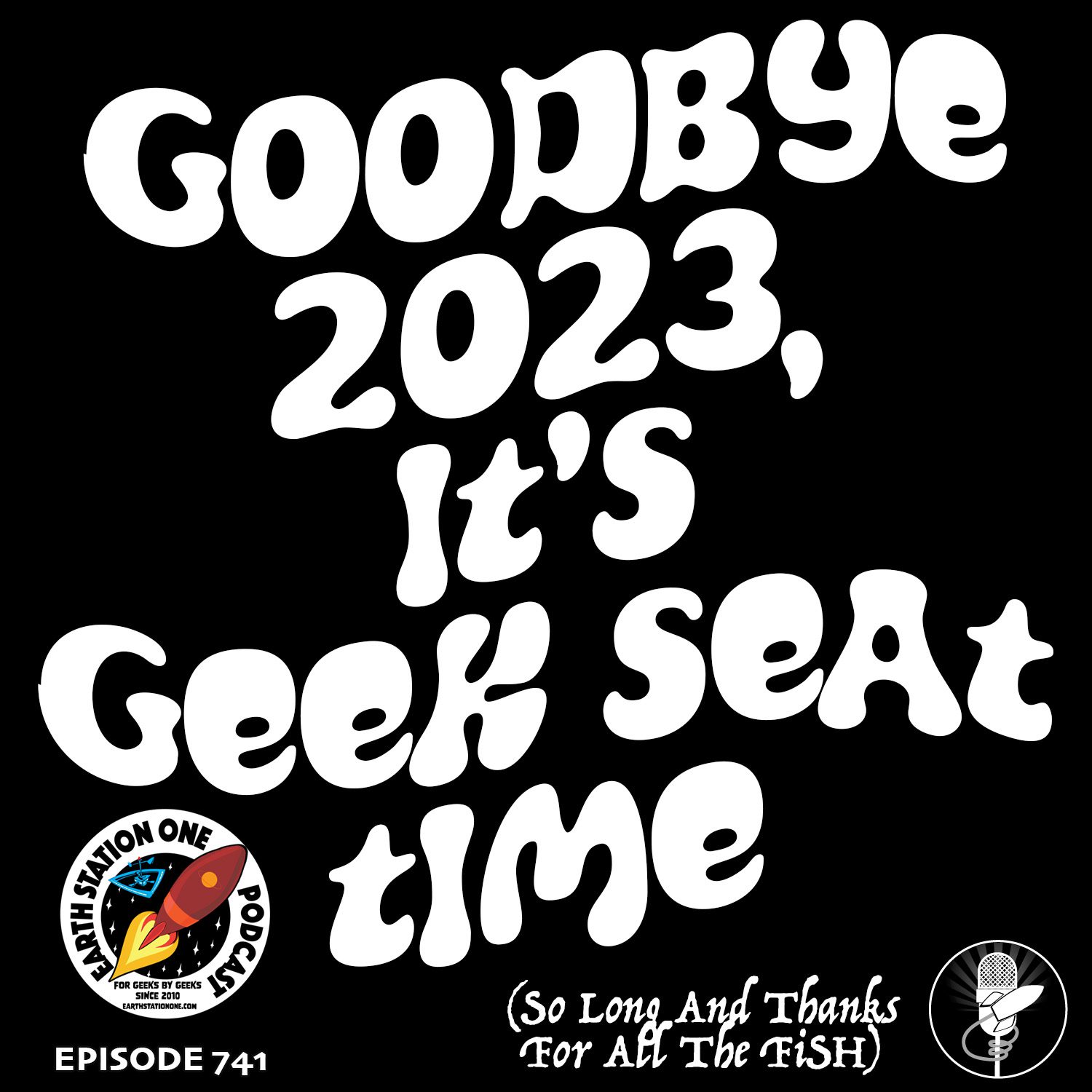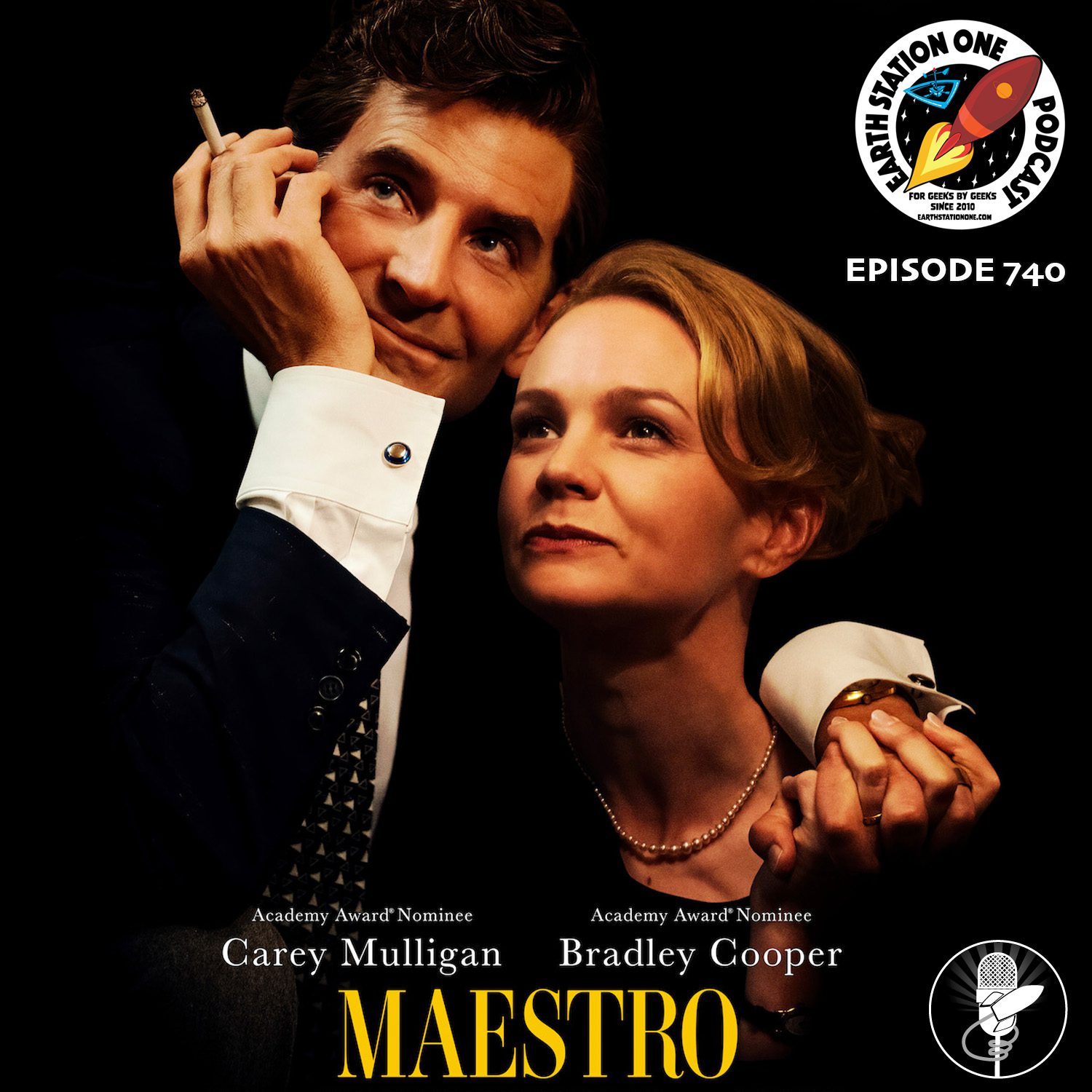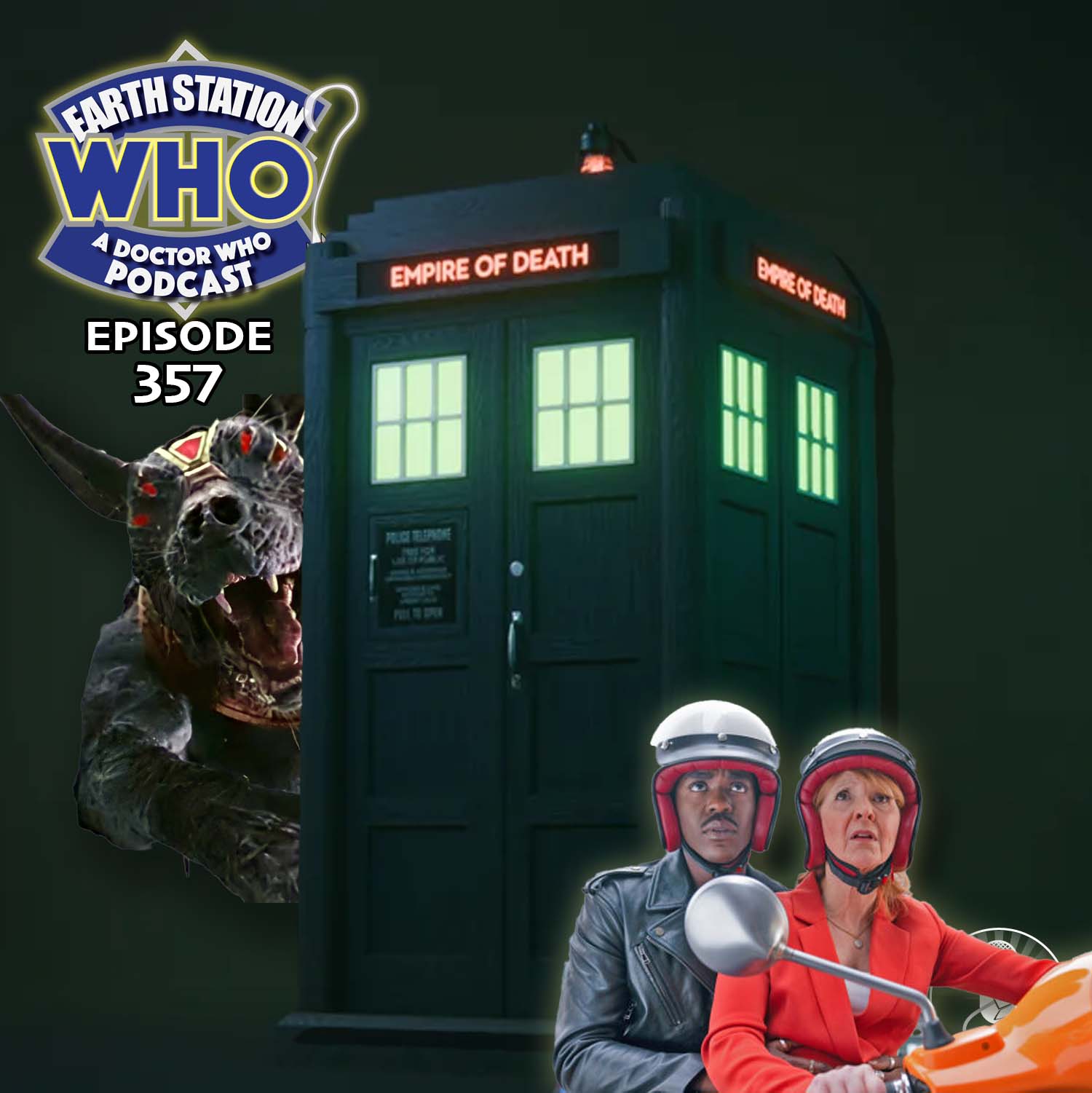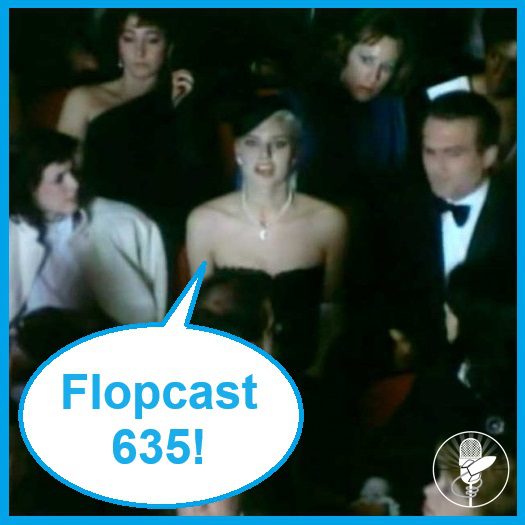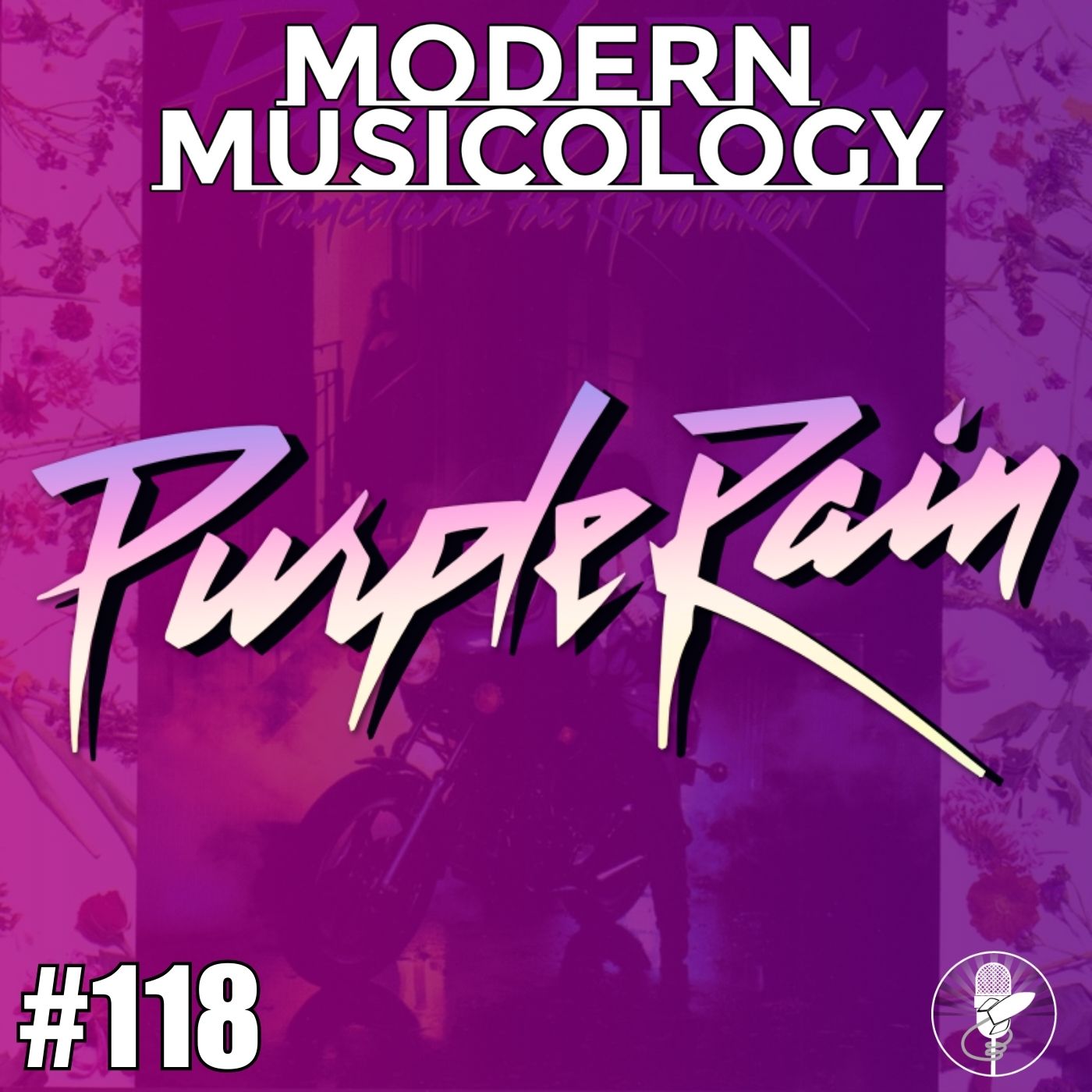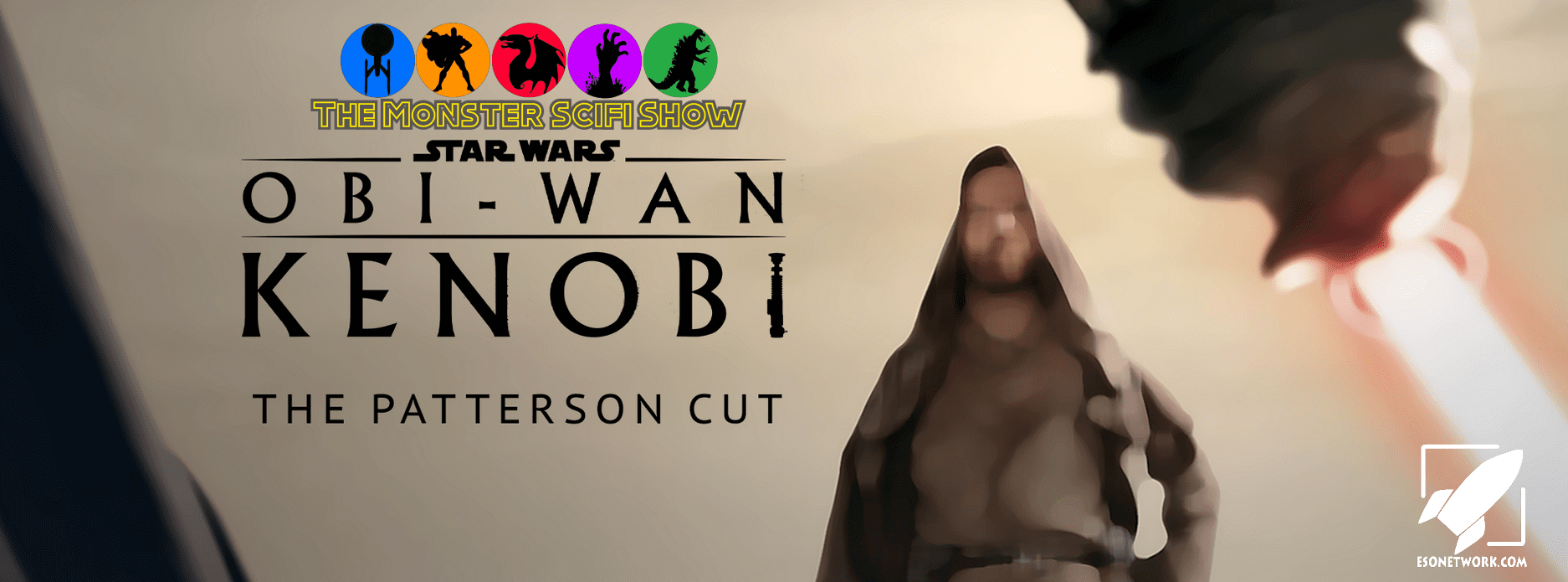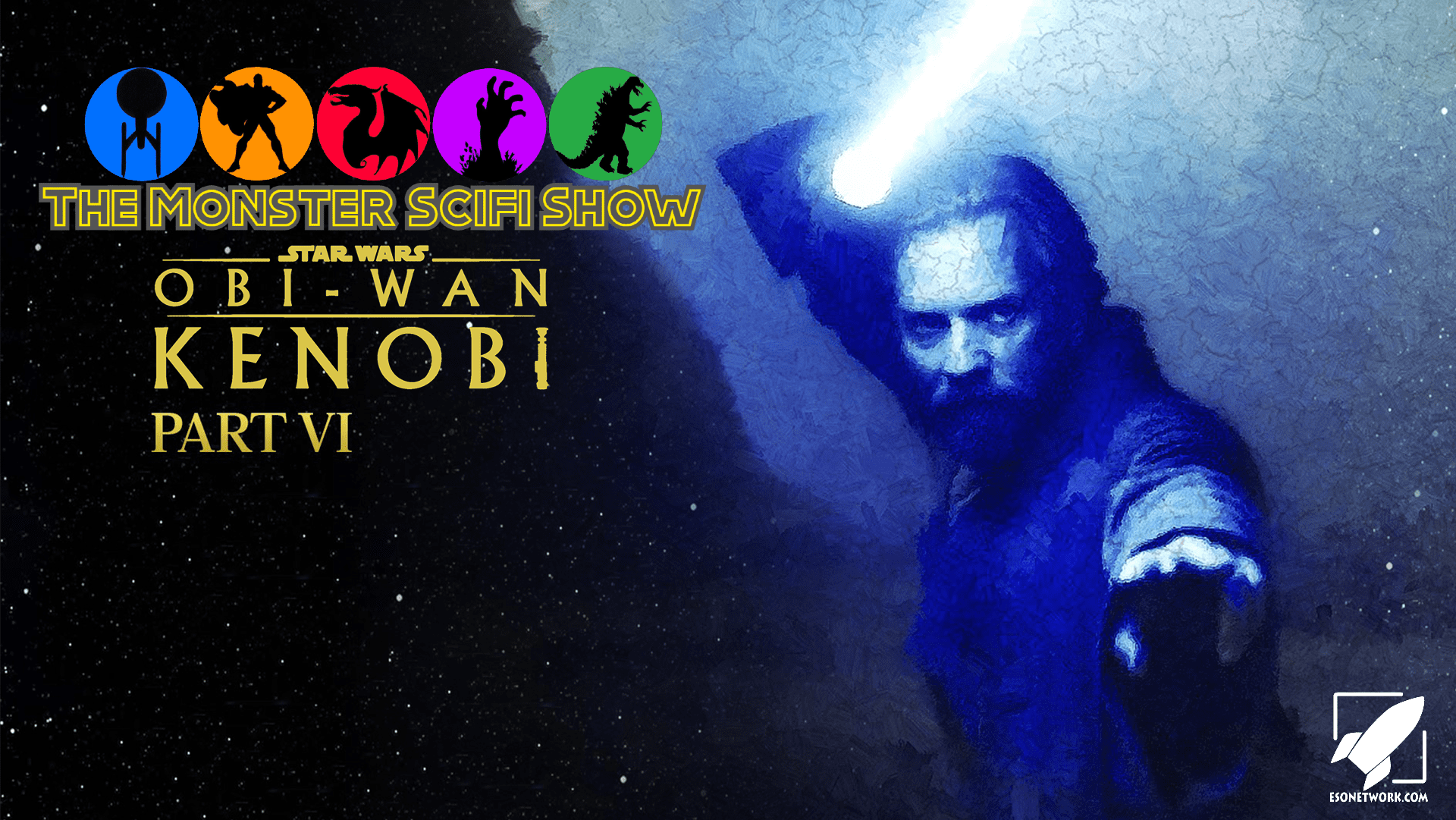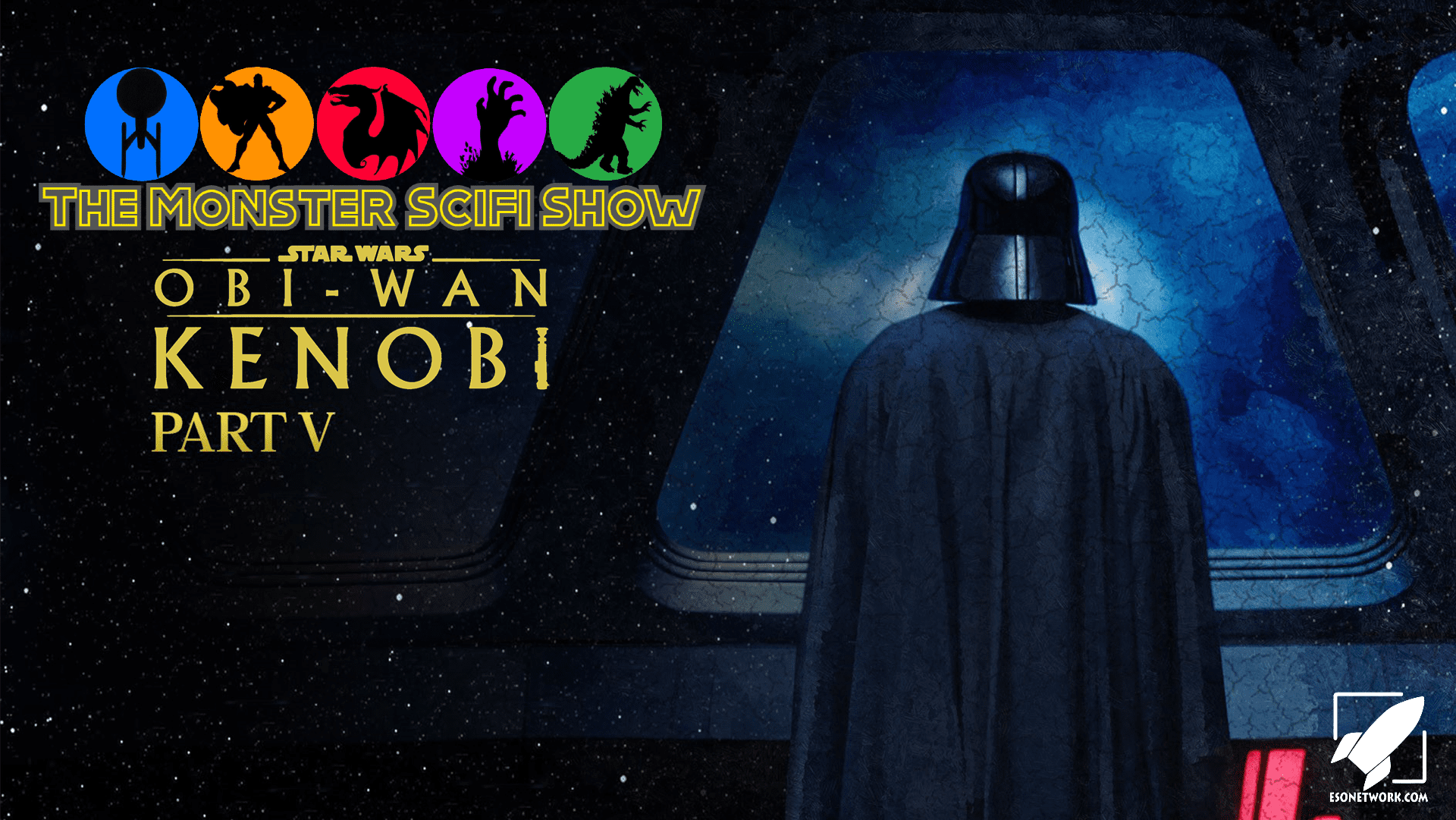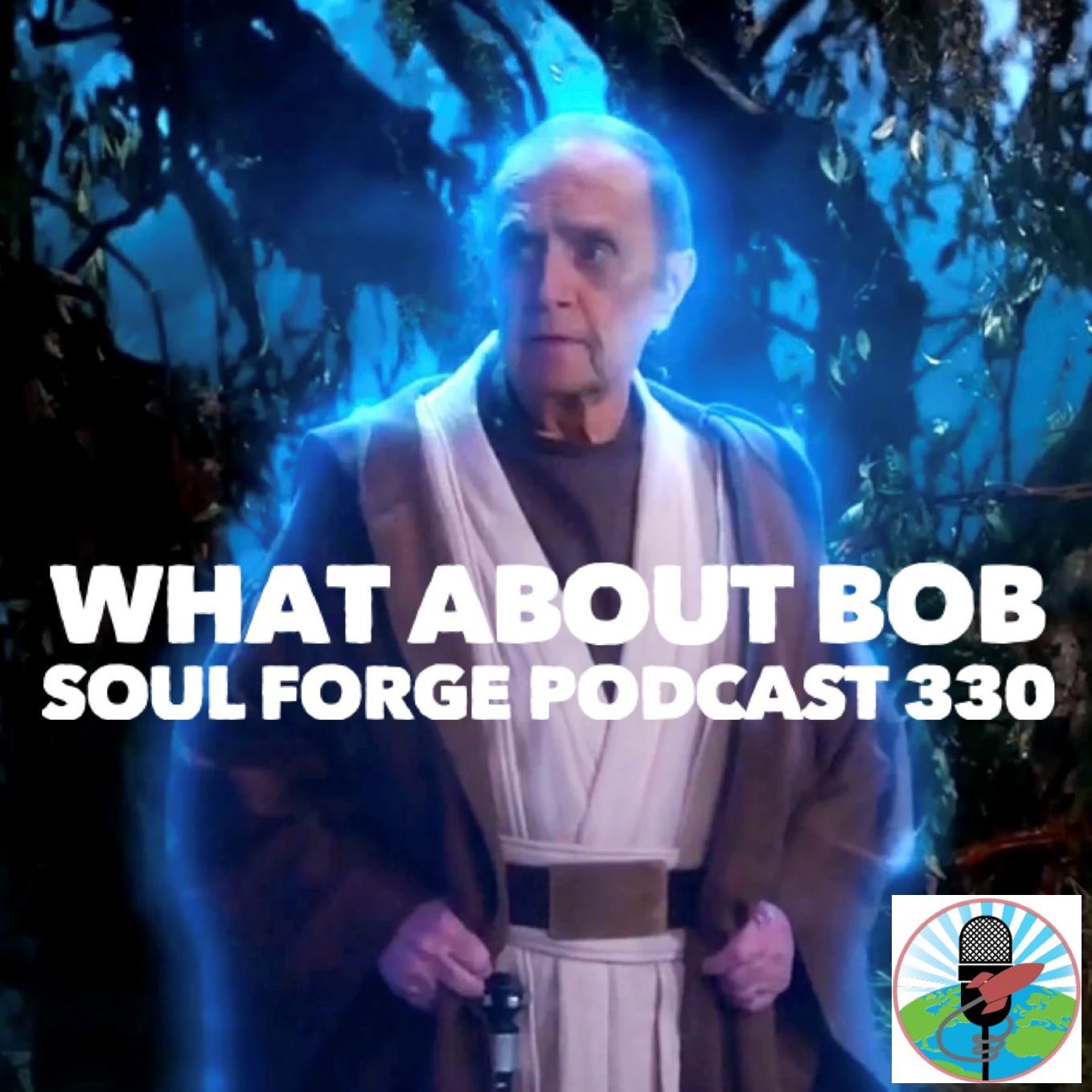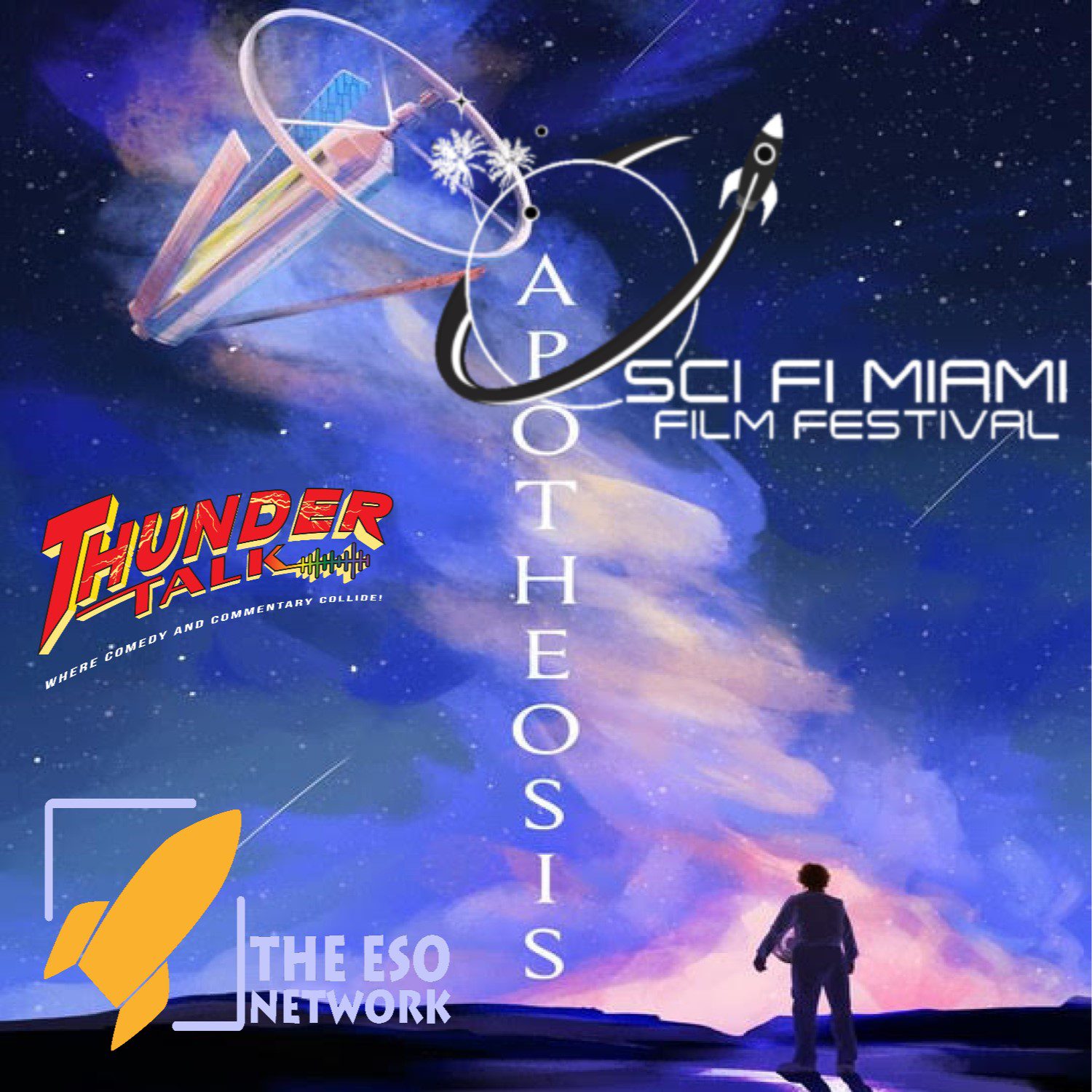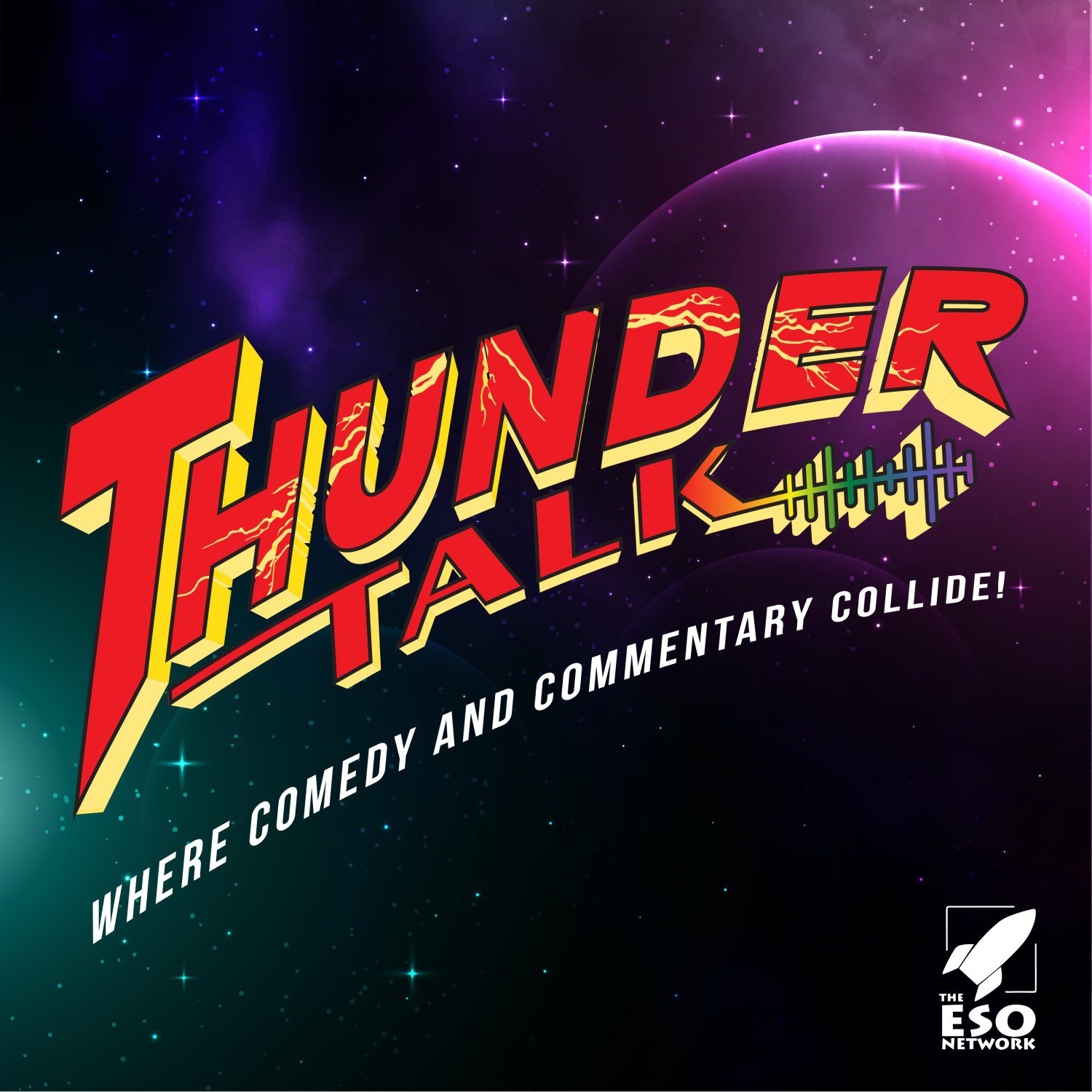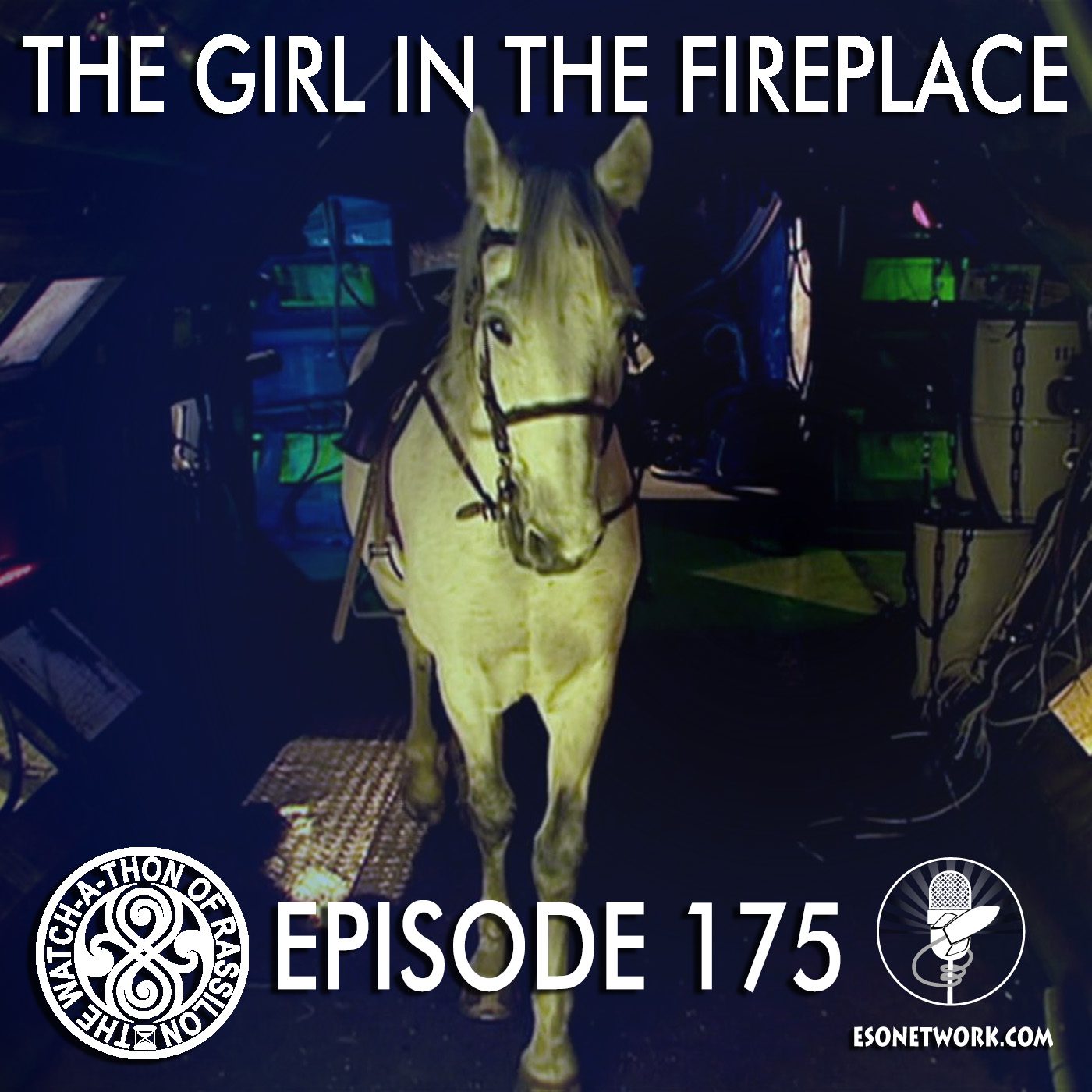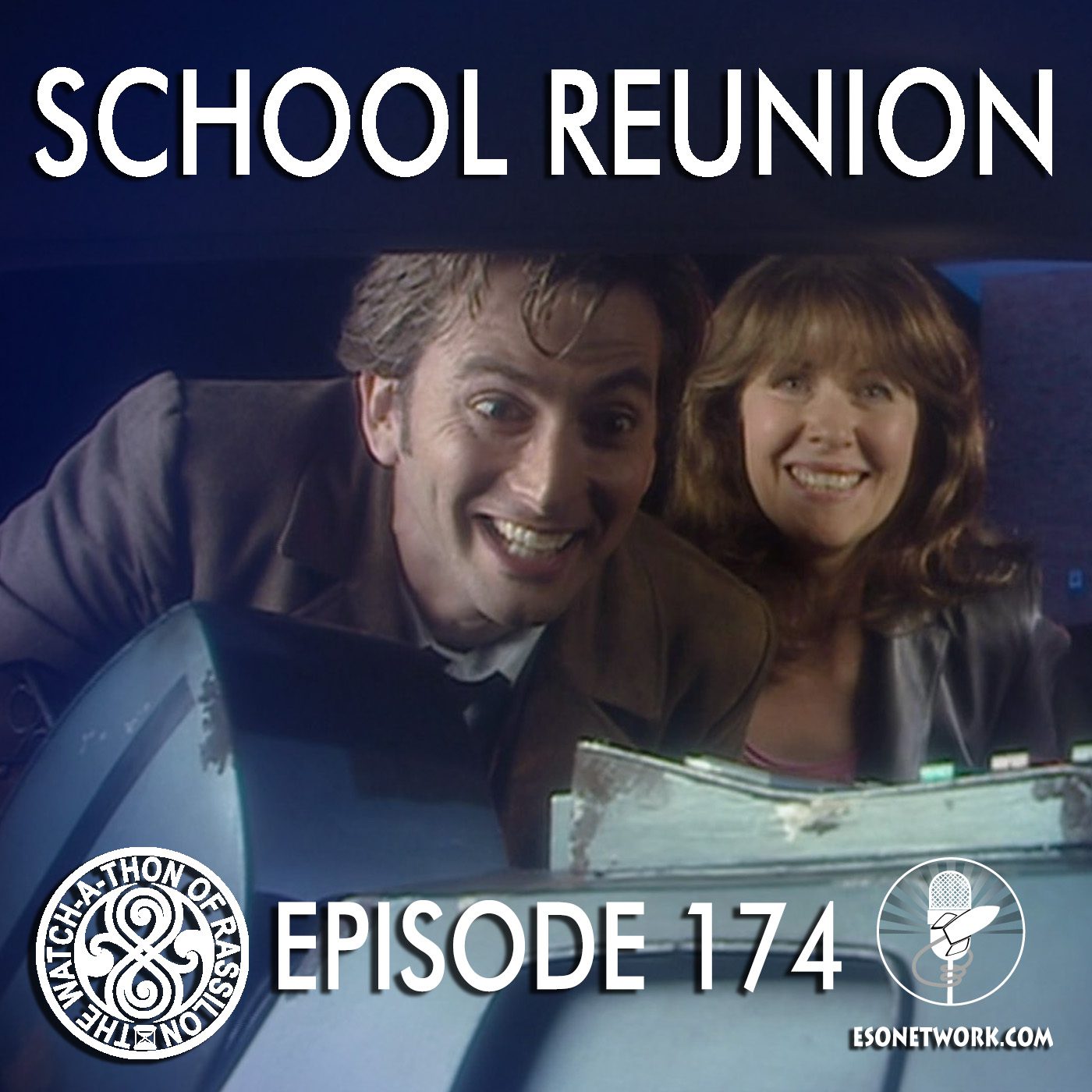 Tom Baker is arguably the greatest Doctor of all time. He was the longest running and the show was at the height of its classic series popularity while he was on it. Baker played the role for seven years and it is his first three years when the series was run by producer Philip Hinchcliffe that is generally regarded as the best time even within Tom Baker’s run. When Big Finish worked with Philip Hinchcliffe on The Valley of Death for their Lost Stories line, they wanted to know if he had any other story ideas that he’d kept. He didn’t but they decided to collaborate together to create two new stories in the style of story that Hinchcliffe preferred while he was the producer of Doctor Who. Thus Philip Hinchcliffe Presents was born. This box set contains both stories conceived by Philip Hinchcliffe as story outlines. These outlines were given to writer, Marc Platt, to be fleshed out and turned into a full audio drama.
Tom Baker is arguably the greatest Doctor of all time. He was the longest running and the show was at the height of its classic series popularity while he was on it. Baker played the role for seven years and it is his first three years when the series was run by producer Philip Hinchcliffe that is generally regarded as the best time even within Tom Baker’s run. When Big Finish worked with Philip Hinchcliffe on The Valley of Death for their Lost Stories line, they wanted to know if he had any other story ideas that he’d kept. He didn’t but they decided to collaborate together to create two new stories in the style of story that Hinchcliffe preferred while he was the producer of Doctor Who. Thus Philip Hinchcliffe Presents was born. This box set contains both stories conceived by Philip Hinchcliffe as story outlines. These outlines were given to writer, Marc Platt, to be fleshed out and turned into a full audio drama.
From here each story will be examined on its own and an overall rating for the entire box will be given below.
The Ghosts of Gralstead
 Blurb: The Doctor and Leela return to Victorian London, in the year 1860.
Blurb: The Doctor and Leela return to Victorian London, in the year 1860.
At St. Clarence’s Hospital, respected surgeon Sir Edward Scrivener requires the bodies of the dead… At Doctor McDivett’s Exhibition of Living Wonders and Curiosities, miracles are afoot… And in Gralstead House, the ghost will walk again. Mordrega has come to Earth…
Review: The Ghosts of Gralstead is a letter of love to a well-regarded story from the original series, The Talons of Weng-Chiang. Philip Hinchcliffe doesn’t deny it and mentions in interviews that the pseudo-historical style of story was his favorite as producer. He liked the notion of people in the past having to deal with things so far beyond their comprehension, and liked speculating on how they might try to reconcile such things with their own beliefs. Writer Marc Platt clues into this and the story references Talons very early on to show how the stories are linked. Both stories take place in Victorian times, although Gralstead takes place several decades before Talons. Leela is still being taught by the Doctor and they reference what Leela has learned about the “tribes” of London as well as what she learned about making tea on their last visit to the era. Jago and Litefoot are also mentioned. Thankfully, the obvious references are left minimal and anyone who isn’t familiar with Talons won’t need to know any of the details. The only important fact from this interchange is that the Doctor and Leela have been to Victorian London before.
Despite the similarities, one of the really interesting things about this story is the freedom that it has versus what The Talons of Weng-Chiang faced back in the 1970’s. At that time, Doctor Who was under constant attack by the National Viewers and Listeners Association headed by Mary Whitehouse. Whitehouse and her group claimed that Doctor Who was too violent and that it terrified children. As a result, the show had to pull back from some of its more shocking elements although nothing that was found on it would be considered shocking or extreme. Here, Hinchcliffe is able to go all out. As a creature who feeds on brains, she leaves a gory trail behind her, something which the story doesn’t shy away from. All of her violence and feeding habits are described in graphic detail, which would have been too horrible for television but creates the appropriate, revolting atmosphere for telling this tale.
 Much like its spiritual predecessor, The Ghosts of Gralstead capitalizes on several elements of Victoriana to give the tale a sense of verisimilitude as well as to do what Doctor Who does best. It takes the familiar and makes it scary. Gralstead boasts a carnival run by a quack miracle worker. Only in this case the miracles actually work and people get well. There are a pair of grave robbers. This is partially in homage to Robert Holmes, the script editor that Philip Hinchcliffe worked with on his stories, a man renowned for creating memorable double acts. The grave robbers have a macabre commentary on what is going on in the story and they serve an important plot purpose as well as being a Victorian piece of color. Instead of the Chinese as in Talons, this story deals with Colonial Africa and the subtle racism for those of African descent becomes one of the themes of the story. Mordrega’s appearance and Victorian society’s response to it is a definite nod to the Elephant Man. There’s a subtle undercurrent of a theme about how people perceived as “freaks” are treated by society although that is somewhat overshadowed by the main plot.
Much like its spiritual predecessor, The Ghosts of Gralstead capitalizes on several elements of Victoriana to give the tale a sense of verisimilitude as well as to do what Doctor Who does best. It takes the familiar and makes it scary. Gralstead boasts a carnival run by a quack miracle worker. Only in this case the miracles actually work and people get well. There are a pair of grave robbers. This is partially in homage to Robert Holmes, the script editor that Philip Hinchcliffe worked with on his stories, a man renowned for creating memorable double acts. The grave robbers have a macabre commentary on what is going on in the story and they serve an important plot purpose as well as being a Victorian piece of color. Instead of the Chinese as in Talons, this story deals with Colonial Africa and the subtle racism for those of African descent becomes one of the themes of the story. Mordrega’s appearance and Victorian society’s response to it is a definite nod to the Elephant Man. There’s a subtle undercurrent of a theme about how people perceived as “freaks” are treated by society although that is somewhat overshadowed by the main plot.
The main plot revolves around a mystical device known as the Corona of Alcyon. Hinchcliffe mentions that he is fascinated with the idea of how humans in history would deal with the unknown. Yet, Platt seems to channel his inner Tolkien throughout the whole story. Even the aliens treat the Corona as a magical rather than a technological artifact. A personality is attributed to the Corona as it “tests” potential bearers and it’s clearly an analogy to Tolkien’s One Ring. The Corona also imbues its bearer and those nearby with substantial regenerative powers as well. Unfortunately, this takes away a great deal of the sense of peril to the story. The first person who comes back to life is a surprise. After the sixth time that it happens, one begins to wonder if this story is completely consequence free. There is collateral damage of course, but taking away the sense of danger to the regulars does make it seem silly whenever they are placed in jeopardy and the story’s tone is set up as if the listener should be scared. If you are not a fan of the mystic in Doctor Who, the Corona will make this story lose points for you. The aliens speak of it as being bathed in the blood of a god and uncharacteristically the Doctor does not question this or tell them that there’s no such thing as magic and explain the real abilities of the Corona for his companion’s sake. It seems bizarrely out of character and the idea of an alien knight jousting against an alien dragon for possession of a magical artifact just seems out of place for Doctor Who’s major theme of the triumph of science over superstition.
 Where this story has some slight difficulty is in the six-part format. The first four episodes are just about perfect. Episodes five and six seem strained. Platt openly admits that he’s typically only written four parters and found the six-parter to be daunting. This is not a new thing. Many writers and script editors of the classic series lamented the necessity of doing six parters to fill the schedule and satisfy a budget, and they all struggled with how to keep a runtime of two hours and 30 minutes interesting and pacey enough to hold an audience’s attention. The typical method of doing this was structure it as a two-parter and four-parter merged together. Either after two or four episodes the story would veer off in an unexpected direction for the remainder of the story. Platt does something similar but only for episode five, making that episode feel almost entirely like filler. It’s a sad thing because that’s where the subplot about colonial Africa comes to a head. The story is only loosely connected to the main plot, though, so the episode seems forced. While The Ghosts of Gralstead already bears such a strong resemblance to The Talons of Weng-Chiang it may have behooved Platt to integrate the African elements more intrinsically into the story, so that this felt more like a natural fit as the Chinese elements do in Talons. It’s understandable why he may have wanted to try something different and the story’s first four episodes certainly give it enough momentum to carry it to the end, but it would have been a much stronger story if the two plots had been more strongly woven together. As a result, episode six seems rushed and commits one of the cardinal sins that no Doctor Who story should ever do. The Doctor is completely superfluous to the resolution of the plot. Several plot elements are never explained. None of these are major but it would help to explain the motivations for a few of the characters. It’s sad really because in a six parter there should be enough room for all the exposition and explanation required.
Where this story has some slight difficulty is in the six-part format. The first four episodes are just about perfect. Episodes five and six seem strained. Platt openly admits that he’s typically only written four parters and found the six-parter to be daunting. This is not a new thing. Many writers and script editors of the classic series lamented the necessity of doing six parters to fill the schedule and satisfy a budget, and they all struggled with how to keep a runtime of two hours and 30 minutes interesting and pacey enough to hold an audience’s attention. The typical method of doing this was structure it as a two-parter and four-parter merged together. Either after two or four episodes the story would veer off in an unexpected direction for the remainder of the story. Platt does something similar but only for episode five, making that episode feel almost entirely like filler. It’s a sad thing because that’s where the subplot about colonial Africa comes to a head. The story is only loosely connected to the main plot, though, so the episode seems forced. While The Ghosts of Gralstead already bears such a strong resemblance to The Talons of Weng-Chiang it may have behooved Platt to integrate the African elements more intrinsically into the story, so that this felt more like a natural fit as the Chinese elements do in Talons. It’s understandable why he may have wanted to try something different and the story’s first four episodes certainly give it enough momentum to carry it to the end, but it would have been a much stronger story if the two plots had been more strongly woven together. As a result, episode six seems rushed and commits one of the cardinal sins that no Doctor Who story should ever do. The Doctor is completely superfluous to the resolution of the plot. Several plot elements are never explained. None of these are major but it would help to explain the motivations for a few of the characters. It’s sad really because in a six parter there should be enough room for all the exposition and explanation required.
On the other hand, a six-part storyline does mean that Big Finish can invest in the story. The Ghosts of Gralstead feels far more like an epic than the typical Fourth Doctor Adventures that Big Finish produces because it gives the story the space that it needs to grow and breathe organically. There’s plenty of time for world building. Because of the longer story, the soundtrack is a lush, orchestral score rather than the simplistic, style employed by many of the Fourth Doctor Adventures. The cast is quite large as well. There’s very little doubling up of roles between actors, which helps to differentiate the various characters. There are a few missteps such as Alan Cox’s Gideon McDivett whose accent is a bit over-the-top. Otherwise the guest cast is very good. Special mention should go to Carolyn Seymour’s Mordrega. She knows that she’s playing the villain in a science fiction series but she doesn’t let that hold her back from giving a deliciously evil performance. She knows that she’s bad but can be equal parts charming and vicious. As usual, Tom Baker and Louise Jameson put in great performances. There’s a nice banter between the two of them and they seem to be giving this story a little bit of extra effort, likely because they’re enjoying working with Philip again. It’s just really nice to hear the two of them speak and be able to imagine that none of the intervening 40 years have occurred.
The Devil’s Armada
 Blurb: The TARDIS lands in Sissenden Village in the sixteenth century. Catholic priests are hunted, so-called witches are drowned in the ducking stool, and in the shadows the Vituperon are watching… and waiting…
Blurb: The TARDIS lands in Sissenden Village in the sixteenth century. Catholic priests are hunted, so-called witches are drowned in the ducking stool, and in the shadows the Vituperon are watching… and waiting…
Review: One of the first things that someone ought to ask before doing a “devil” story in Doctor Who is whether or not it really needs to be done. The series has touched on the subject numerous times. Anything that needed to be said on the matter was said back in 1971 with The Daemons. Even Hinchcliffe’s original era touched on the idea, saying that Sutekh was the inspiration for the devil. In the McCoy era they had The Destroyer and even the new series did its own devil story. The problem with each of these is that after The Daemons none of them have really said anything new. The Devil’s Armada is no different. Now, the Vituperon are the inspirations for the goat-footed, horned devil legend. The continuity issue could be swept under the rug if there was anything new or interesting in the storyline, but unfortunately there isn’t. It also commits the sin that many “devil” stories in action series are guilty of in making the supposed source of all evil an incompetent boob who can easily be defeated. Sure, they make his voice sound terrifying with the effects but he doesn’t actually do anything awful. You hear him talk about wiping out the human race but the worst that he does is make a few ships steer the wrong way and lock the Doctor up. The humans end up being far more dangerous than the Vituperon. This could have been a point of the story but instead it’s ignored and the thrust of the story continues to be about how horribly awful the Vituperon are despite their inability to get anything done. The only good side to all of this is if one isn’t familiar with classic Doctor Who, lack of familiarity with the previous “devil stories” doesn’t really hurt you. This story is easily accessible and only contains references to the previous story in the same box, The Ghosts of Gralstead.
Hinchcliffe was a big fan of a story from his era of helming the TV series, The Masque of Mandragora. It’s a real shame that this box didn’t contain more variety, as both stories are pseudo-historicals. Masque also isn’t one of the best stories of Baker’s run. All the running around with cultists and talk about the dark arts gets tiresome, so a story in the same mold only on audio doesn’t really bring much of further interest. It doesn’t help that the story seems to be full of plot holes, such as the Doctor waiting around at a villain’s home to give him his comeuppance only to wait around, do nothing but be flippant to the villain when he arrives, get captured, and need rescuing. It feels as if the script was done in such a rush that sometimes various plot strands from early drafts were just left around and loosely joined in the finished product.
Character motivations are similarly baffling. The story puts a spotlight on how awful Catholics were treated in Elizabethan England. Yet, when one of the main characters is outed as a Catholic, his girlfriend, a vacuous social climber doesn’t even react. It could have been a poignant scene about how she loved him more than her chances for a nice life at court. Instead, she doesn’t react at all as if her sudden changes in fortune to stay with this man mean absolutely nothing to her. Another character is shown as nothing more than a selfish social climber who uses the pretext of “purifying England” of the Catholics as an excuse to get into the Queen’s good graces. Then at the end he redeems himself as if he was someone who honestly thought that he was doing the right thing but was mistaken. Or there’s another character who insists on the Doctor staying around as an adviser merely because he said that he happened to be at Cadiz when Drake set the Spanish Armada ablaze. The man continues to insist on it despite the fact that it is detrimental to his own standing and even though the Doctor doesn’t really give him any information that could help the English in their fight against the Spanish nor is there any reason to suppose that he has any. These sorts of gaps make the story seem disjointed.
 The acting is mostly good but even that can’t turn this into a classic. Louise Jameson gives it her all and there’s a nice scene with her learning to use the rapier and fighting off some brigands. Yet, for the most part her lines in this story are relegated to something along the lines of “look Doctor, there’s an imp in this scene.” Tom Baker seems to be enjoying himself but here he’s mostly delivering his lines with comic accents. He tries to deliver some of his lines with some conviction but many of them are so over the top that he can’t help but follow. Jamie Newall plays William Redcliffe with tremendous conviction and makes the man a true menace. It’s too bad that this story wasn’t a true historical, because the actual human tragedy of what occurred in those days makes for a more compelling story than an army of devils and imps. Newall’s Redcliffe is a real piece of work that delights in causing suffering for his own personal gain. Paul Bretherton also impresses as the Vituperon, but most of his voice work is overlayed with an electronic effect, so it’s unclear how much of that is down to him and how much is down to the technology.
The acting is mostly good but even that can’t turn this into a classic. Louise Jameson gives it her all and there’s a nice scene with her learning to use the rapier and fighting off some brigands. Yet, for the most part her lines in this story are relegated to something along the lines of “look Doctor, there’s an imp in this scene.” Tom Baker seems to be enjoying himself but here he’s mostly delivering his lines with comic accents. He tries to deliver some of his lines with some conviction but many of them are so over the top that he can’t help but follow. Jamie Newall plays William Redcliffe with tremendous conviction and makes the man a true menace. It’s too bad that this story wasn’t a true historical, because the actual human tragedy of what occurred in those days makes for a more compelling story than an army of devils and imps. Newall’s Redcliffe is a real piece of work that delights in causing suffering for his own personal gain. Paul Bretherton also impresses as the Vituperon, but most of his voice work is overlayed with an electronic effect, so it’s unclear how much of that is down to him and how much is down to the technology.
The production values on this are the typically high values that can be found for a Big Finish boxed set. The use of actual Renaissance style music really helps to set the tone for the period and is a delight to listen to after The Fourth Doctor Adventures‘ Dudley Simpson style and the full orchestral style of The Ghosts of Gralstead. The voice for the Vituperon succeeds at being truly scary and at least some of that is down to the treatment done to Paul Breatherton’s voice. If you can hear that without losing your cool then ice flows through your veins. Most of the supporting sounds are also well done, everything from sword duels to ships battling to the sounds of someone being dunked in the water. The sounds only fall apart in two areas. The “imps” just sound like people sniggering and the fact that they never do anything more than that causes them to get on the nerves fairly quickly. The other is that someone lifted the sound of doors opening and closing from the old AOL Instant Messager buddy list sound effect. It’s so obviously the AOL sound and mixes in so poorly with the surrounding audio and is so used so often throughout the story that one wonders how anyone thought that they could ever get away with using it. It’s really distracting and only works to break the listener out of the story.
Recommendation: Overall, it’s a worthy effort. The Ghosts of Gralstead starts out as some of the best drama that Big Finish has ever made only to falter a little towards the end. The Devil’s Armada is a bit weaker, suffering from an overused plot device and some plot holes. On the whole the production values and the acting are fantastic. If there’s one major disappointment it’s that both stories are pseudo-historicals. It would have been nicer to have at least one of the stories be a pure historical, a modern story, or a science fiction tale. That being said, Philip Hinchcliffe Presents is still a fantastic box set that will make a worthy contribution to the audio collection for any Doctor Who fan and is a fitting jumping on point for anyone who’s curious about the Big Finish audios. I recommend it.
7/10
2014
Audio Drama
Big Finish Productions
Directed by Ken Bentley
Produced by David Richardson
Written by Marc Platt from story outlines by Philip Hinchcliffe
Runtime Approx 5 Hrs.








